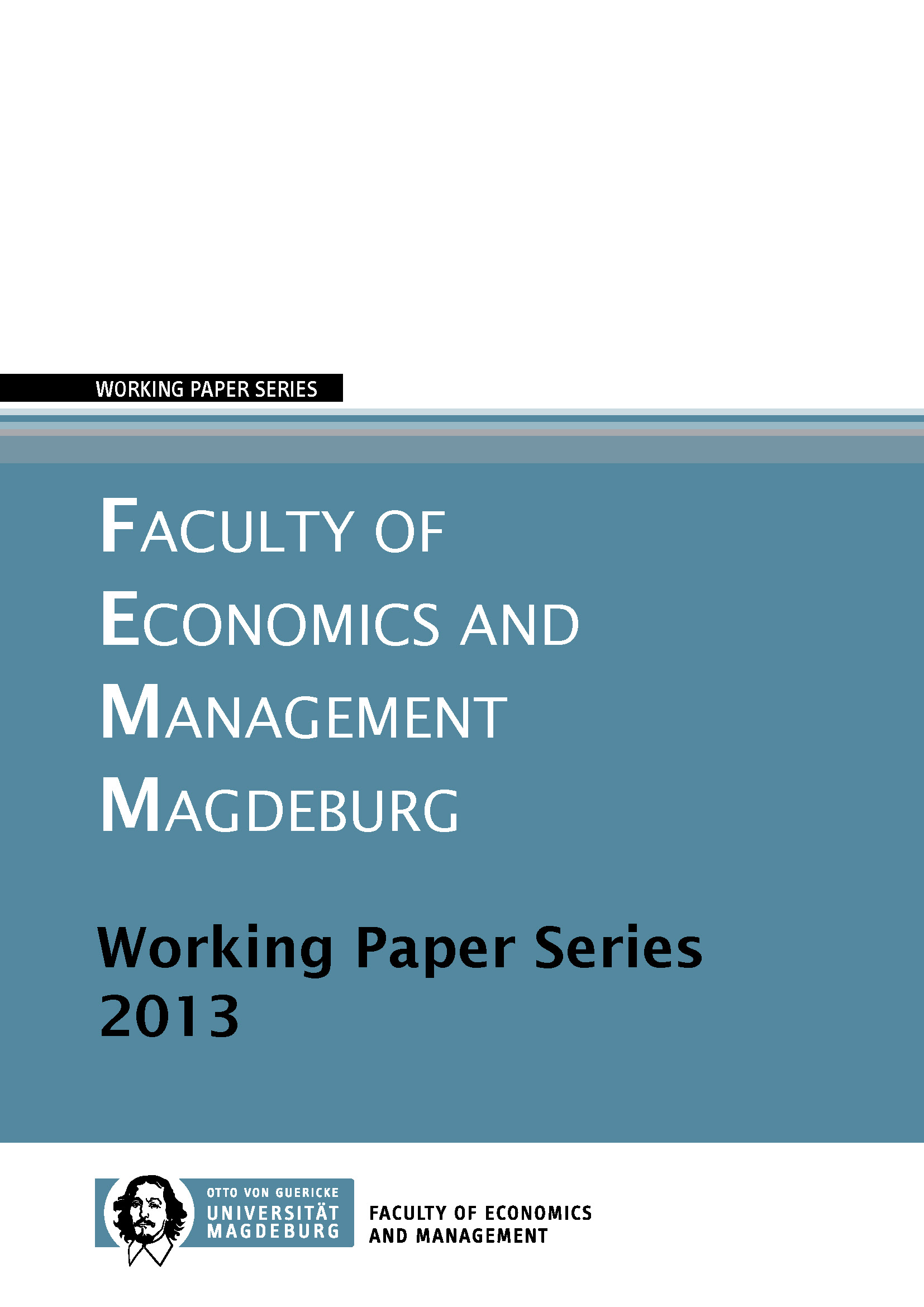When Banks Strategically React to Regulation
Market Concentration as a Moderator for Stability
DOI:
https://doi.org/10.24352/UB.OVGU-2018-514Schlagworte:
Capital Requirement Regulation, Competition, Financial StabilityAbstract
Minimum capital requirement regulation forces banks to refund a substantial amount of their investments with equity. This creates a buffer against losses, but also increases the cost of funding. If higher refunding costs translate into higher loan interest rates, then borrowers are likely to become more risky, which may destabilize the lending bank. This paper argues that, in addition to the buffer and cost effect of capital regulation, there is a strategic effect. A binding capital requirement regulation restricts the lending capacity of banks, and therefore reduces the intensity of loan interest rate competition and increases the banks’ price setting power as shown in Schliephake and Kirstein (2013). This paper discusses the impact of this indirect effect from capital regulation on the stability of the banking sector. It is shown that the enhanced price setting power can reverse the net effect that capital requirements have under perfect competition.


